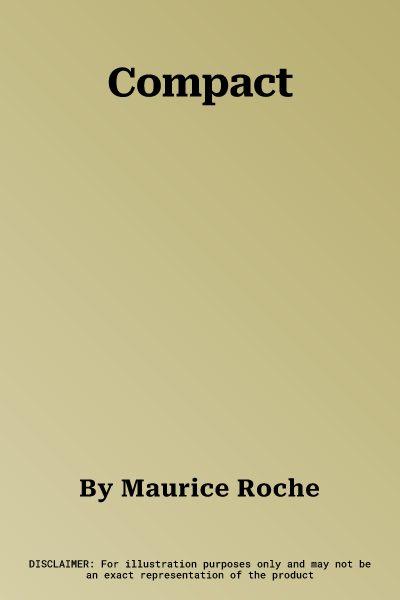Maurice Roche has been called "the most interesting novelist in France"
(TriQuarterly), and Compact "one of the classics of our modernity" (Le
Figaro). Certainly, Compact is one of the most compellingly original
works of fiction of the postwar period. Composed--as if a musical
score--of six intertwining narratives (each distinguished by its own
voice, tense, and typeface), Compact has lost none of its remarkable
freshness or groundbreaking innovation since its first appearance in
1966. But along with its striking originality, Compact is also a work
rich in offbeat humor and great humanity. Compact is the story of a
blind man living in a city of his own imagining. Confined to his
deathbed, he engages in mental walks through the world's capitals. These
sightless excursions explode in a plethora of musical arrangements,
sexual encounters, and mysterious funeral rites. Meanwhile, a Japanese
collector and his transvestite assistant watch over the blind man in
exchange--upon the latter's death--for his magnificent tattooed skin. As
a further ordeal, the protagonist finds himself prey to the whims of a
sadistic French girl in the next apartment. A novelistic tour de force,
Compact fully bears out La Tribune de Geneve's judgment of Maurice
Roche's work as "the most important literary upheaval to hit France in
the last decade."

